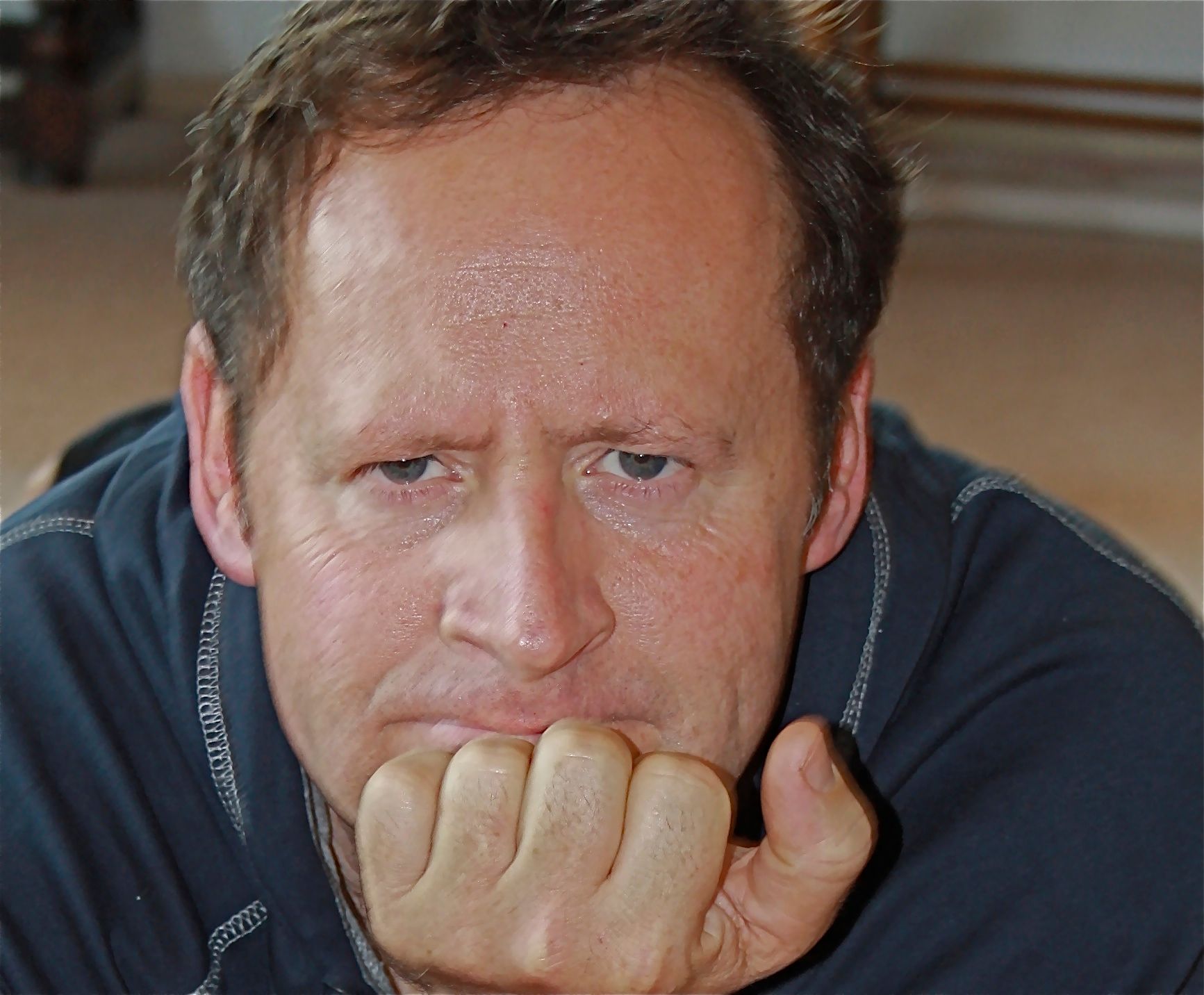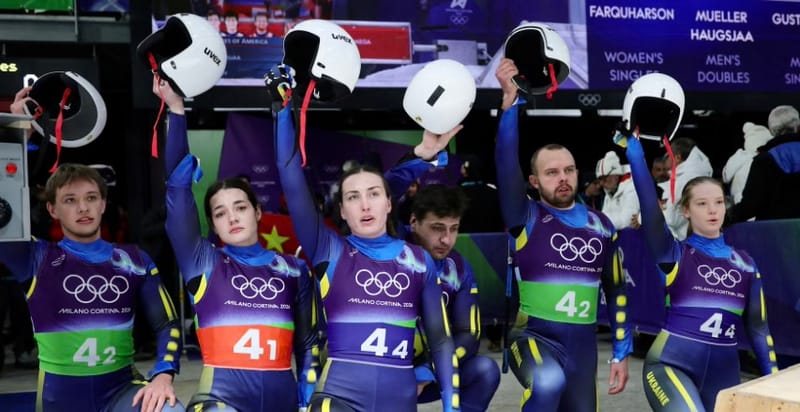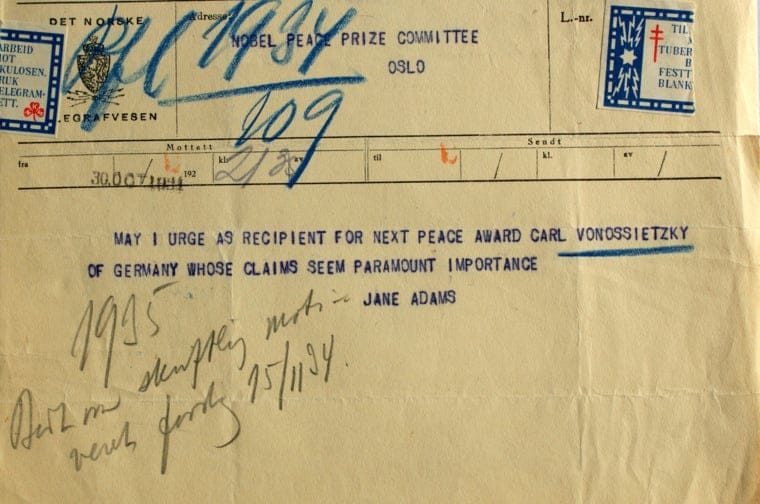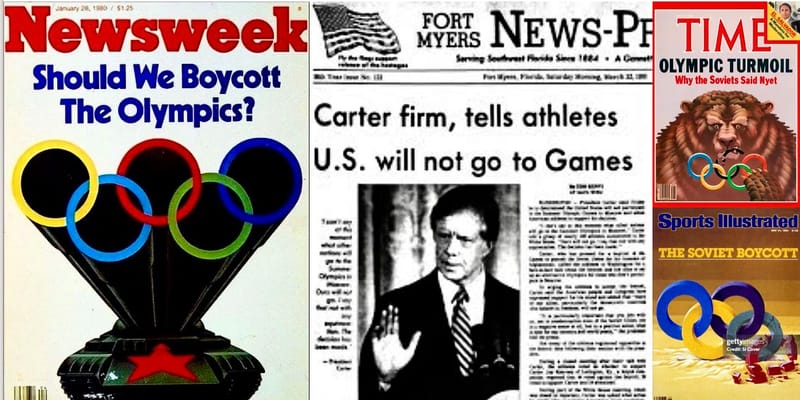FORUM: By The Hair On Swimming's Chinny Chin Chin, It Must Not Let The Wolf In
Weekend Essay: What can swimming learn from the book of hostile takeovers in its bid to keep at bay the wolf in victim’s clothing howling ‘unfair play’ because the hunted insist on rules the hunter simply won't abide by

THEMA - S
Should World Aquatics ever have to face the Enhanced Games in a courtroom to defend itself and every anti-doping-rule-abiding swimmer out there from a ludicrous claim for "at least $800m" in damages, the concept of "hostile takeover" may help us get our heads around trades so far apart that 'never the twain shall [should] meet':
Oh, East is East, and West is West, and never the twain shall meet,
Till Earth and Sky stand presently at God's great Judgment Seat;
But there is neither East nor West, Border, nor Breed, nor Birth,
When two strong men stand face to face though they come from the ends of the earth! - Rudyard Kipling, The Ballad of East and West
When Two Tribes Go To War: one bans cheating by specified manipulation, the other embraces some of what Olympic sports regulate against as the worst examples of unfair and unsafe play.
Clearly, these are tribes that are not engaged in the same trade, regardless of the presence of 'swimming' in both. There is no restriction in a swimmer belonging to one tribe or the other. They cannot belong to both, yet organisers of the doping-friendly event beg to differ, as stated in their claim in support of a project that includes turning athletes into research test subjects.
It's a testing concept: the athletes consent to their contribution to research tests in return for pay but the athletes are not tested for some of the kinds of substances those same athletes had previously rejected.
The very few who have so far signed up for enhancement have turned their backs on careers in the tested realm when representing their countries and being members of organisations signed up to the WADA Code and the rules and principles that underpin the need for the World Anti-Doping Agency.
NB: that last point stands regardless of that organisation's weakness and even failings, as many athletes, national anti-doping agencies and media outlets described the events and decisions that led to the China-23-go-free saga after the doping unit partnering German broadcaster ARD led the investigation that exposed a series of unacceptable decisions and consequences.
For the fledgling doping-friendly organisers to now claim that they have suffered damage from a World Aquatics rule that bars those who do not abide with the regulations of the global watchdog for swimming, including rules on suits, doping, and the conditions in which time-trials and races are allowed in environments standardised since 1908, is risible.
So, let's consider what the sports version of 'hostile takeover' looks like in relation to the meaning of such in standard business terms: a 'hostile' entity buys a controlling stake in a target company without the consent of the target company's board of directors, often by offering to buy shares directly from shareholders/stakeholders.
To defend itself, the targeted business may reach for a number of strategies designed to resist the aggressor, some of which I recall from my days on the business desk at The Times many moons ago. They including this lot, as spelled out by Biryuk Law (active links in place for those who want :
- Stock repurchase; Poison pill; Staggered board; Shark repellants; Golden parachutes; Greenmail; Standstill agreement; Leveraged recapitalization; Leveraged buyout; Crown Jewels; Scorched earth; Lockups; Pac-Man; White knight; White squire; Change of control provisions; and, while some of those might be applied in some measure to the Olympic sports model, the last one is my favourite:
- “JUST SAY NO!": from Biryuk:
"On top of all, the 'just say no' approach is a board’s development and implementation of a long-term corporate strategy that enables the board simply to reject a proposal of any potential acquirer who fails to prove that its acquisition strategy matches that of the target."
Whatever else World Aquatics does, that is the approach many of us learned in the nursery when a hairy beast with beady eyes and big teeth came looking for grandma or the three little pigs.
The response to an imposter from a wholly different trade, with wholly different aims, who stands on the threshold playing victim even as it hammers on the door to be let in and claim control on what you can and cannot do in your own home is obvious:
"Not by the hair of my chinny chin chin."
"Then I'll huff, and I'll puff, and I'll blow your house in," said the big bad wolf in sheep's clothing pretending its meat-shredding fangs are suited for a place at the same table as the cheek teeth of a grass-grinding lamb bound to be slaughtered at a dinner of mixed species.
The Enhanced Games' lawsuit uses some of the same arguments against World Aquatics as the International Swimming League used in its fight against old FINA. Some of those points still hold at least a pail of water. There are, however, two key reasons why swimming's global regulator has right and good reason on its side as it bolts the door and puts a cauldron of non-chlorinated on the fire:
- FINA had to - and did - change its behaviour and treatment of athletes regardless of the ISL's legal case, and the three swimmers who brought a class action have now settled with World Aquatics, in a way that can be said to be of benefit to athletes and the sport of swimming, even if far more might be done in the evolution of the sport and its troubled governance history. Too much of old FINA remains in some key areas marked for 'reform', in my opinion, but it's also accurate and fair to note that FINA and World Aquatics are not the same entities, and in terms of athlete welfare and interest, there have been significant changes and some genuine and novel ways of striking a balance between 'showcase', 'development', 'universality', 'business' and 'governance' when it comes to deciding where, how and in what measures the money is spent.
- The ISL and the Enhanced Games both have/have had billionaires as investors but those wealthy funders are wholly different animals, beasts you would never see in the same cage at the zoo, for example. That difference and the gulf in what is said to constitute health and integrity, ISL vs EG, leads me to conclude that the same arguments that worked in favour of the League, only work for the enhanced project is one suspends reality.
Why? Racing in FINA competition and racing in the ISL took place in different formats with different forms of access to funding/pay/prizes but all of that activity unfolded within the environment shaped by the race-day rules of the global regulator. The same cannot, in any way, shape or form, be said to be true of the doping-friendly Games, that very description of the enhanced project explaining why.
So, let's go back to that 'hostile takeover' in business and apply it to Olympic sport - here's how the battle appears to be unfolding in the pool as the doping-friendly folk huff and puff and World Aquatics heaves its cauldron over hot coals...
Before we dive into the pond reserved for the subscribers who make it possible for us to be here, it's worth mentioning this: It is, frankly, absurd to believe that bylaw 10 is a new departure with which the swimming regulator aims to damage the ability of the Enhanced Games to find its market.
Here's why...




